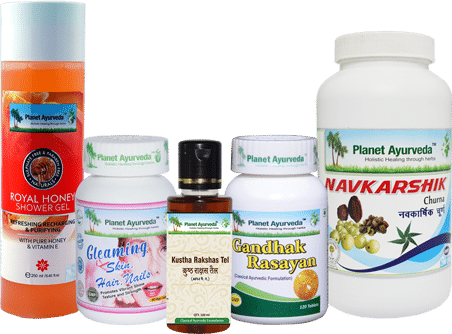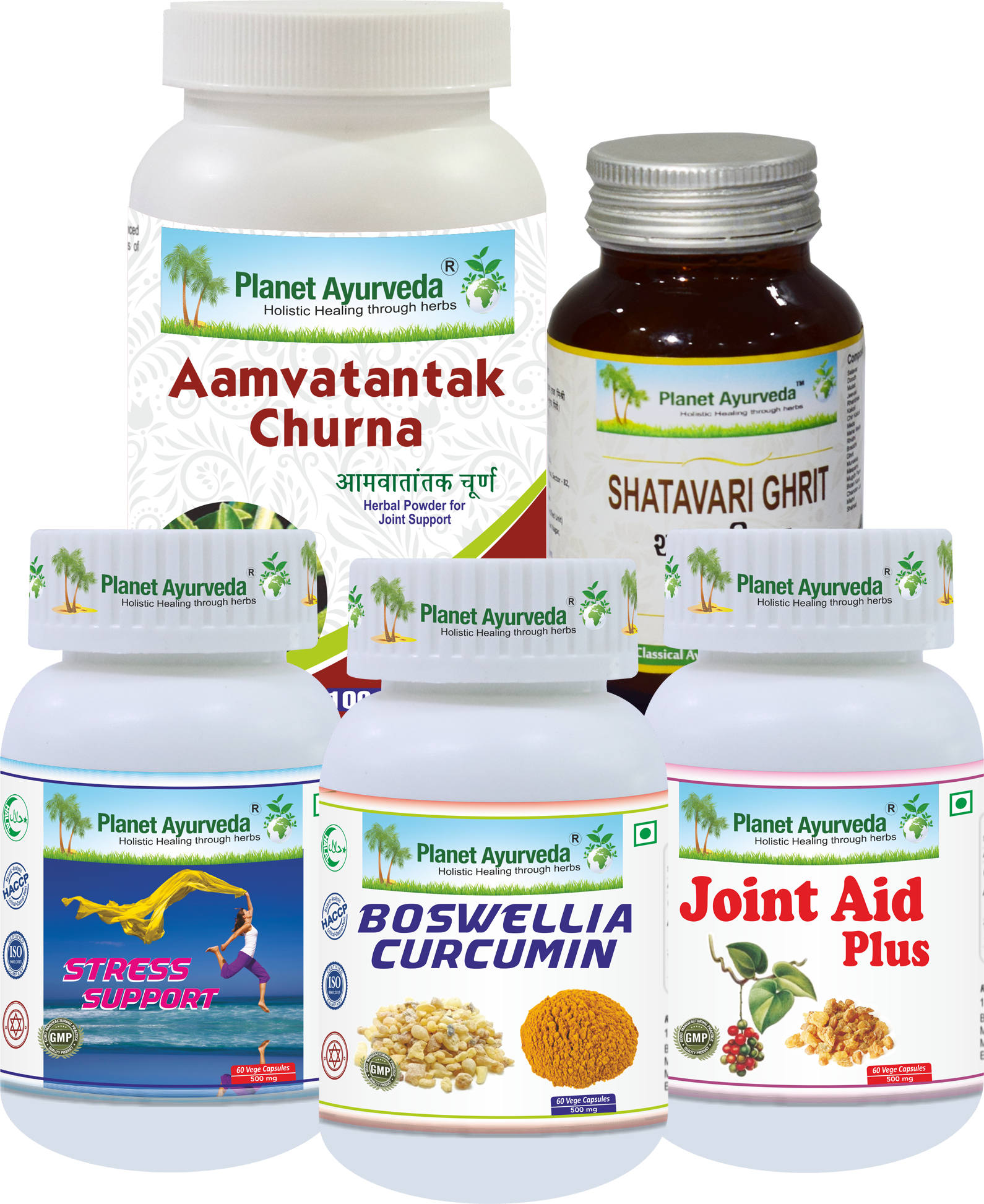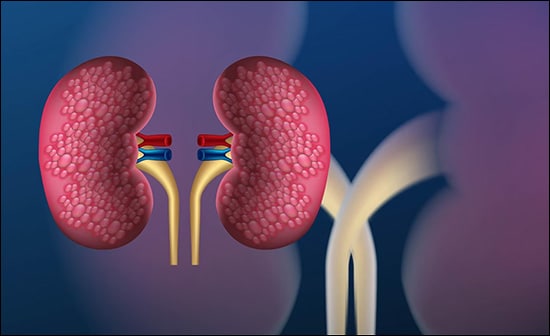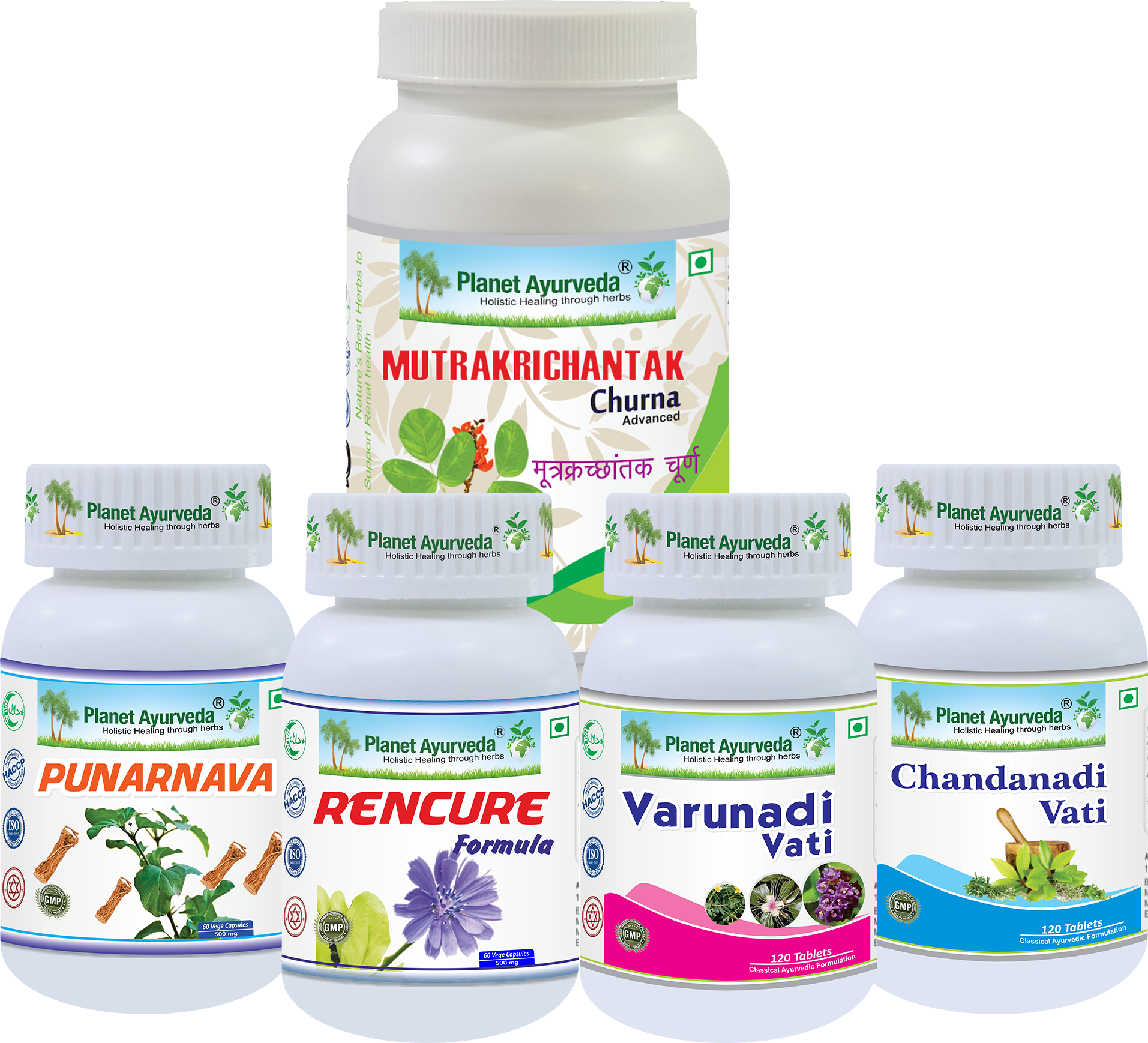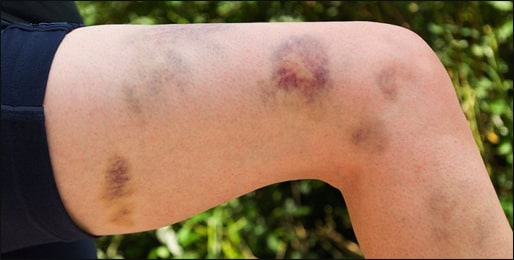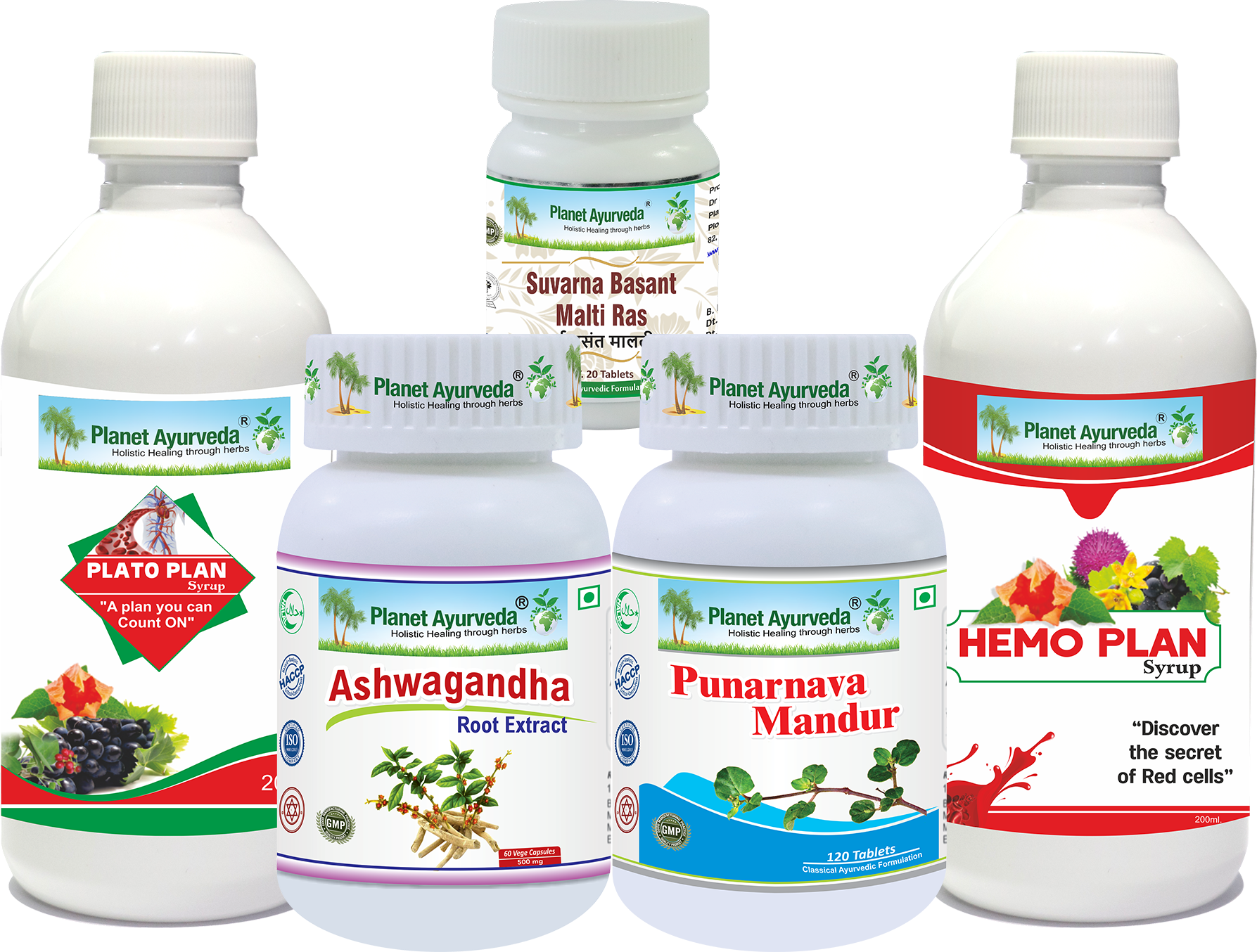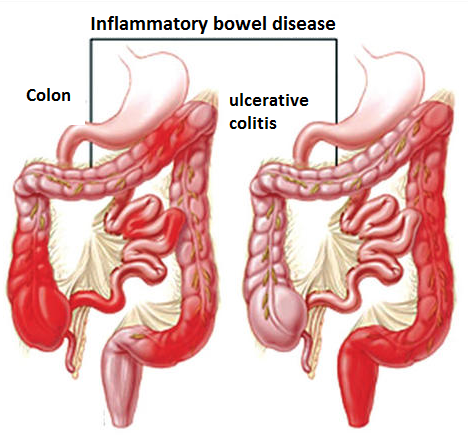Abstract
Atopic Dermatitis (AD), commonly known as eczema, is an autoimmune-like skin condition causing inflammation, redness, and severe itching. Triggered by genetics, environment, and lifestyle, it often begins in childhood and can persist into adulthood. AD affects quality of life through discomfort, sleep disruption, emotional stress, and social challenges. Though less common in India than in Western countries, prevalence ranges from 0.9% to 9.2%, higher in northern and western regions. Management focuses on calming the immune system, restoring the skin barrier, and avoiding triggers. The condition also imposes financial and emotional burdens on patients and their families. In Ayurveda, it is correlated with Vicharchika.
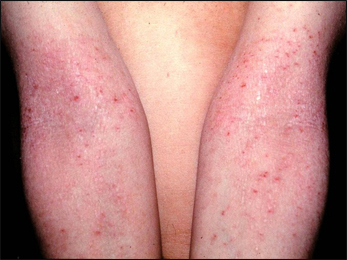
Introduction
Atopic Dermatitis has synonyms like Neurodermatitis, Besnier’s prurigo and Infantile eczema. Eczema is an inflammatory skin condition that develops in response to various harmful triggers, marked by swelling within the epidermis. It is a widespread disorder, often accompanied by intense itching, with an unclear underlying cause, but appears to be immunologically mediated. Although not always, it typically appears on the face and flexural areas, especially in infants, children, adolescents, and young adults. Persistent pruritus (itching) with secondary effects from scratching are characteristic of atopic dermatitis. Atopic dermatitis usually follows a fluctuating course, with periods of worsening symptoms known as flares, alternating with phases of improvement or complete clearance, referred to as remissions. In many children, the condition tends to resolve before adolescence; however, some continue to experience symptoms into teenage years and adulthood. In certain cases, atopic dermatitis may even present for the first time during adulthood. Because of its chronic and relapsing nature, management requires a comprehensive and individualized approach.
Causes Of Eczema (Atopic Dermatitis)
With no exact cause known, we will learn about some triggering factors and risk factors linked to Atopic Dermatitis.
- Mutations in the FLG gene weaken the skin barrier.
- Family history of eczema, asthma, or allergies increases risk.
- Overactive immune response and sensitivity to allergens (dust, pet dander, foods) trigger inflammation.
- Environmental triggers like detergents, chemicals, wool, pollen, dust, climate changes, sweating, and stress worsen symptoms.
- Infections often aggravate eczema, especially in children.
Symptoms Of Atopic Dermatitis
Common sites of involvement- Hands, neck, flexural folds (elbows and knees), periorbital skin, ankles, and feet. Symptoms seen are as follows:
- Intense itching - The hallmark and most common symptom.
- Red, dry, and inflamed skin patches, often associated with discomfort.
- Eczematous rashes that may ooze, exude clear fluid, or bleed if scratched.
- Skin thickening and lichenification due to repeated scratching or chronic inflammation.
- Pigmentary changes - In individuals with darker skin tones, areas of inflammation may appear darker (hyperpigmentation) or lighter (hypopigmentation).
- Infantile stage (up to 2 years) - Typically presents as red, exudative rashes that may ooze when scratched.
- Adolescent and adult stages - More often seen as red to dark brown scaly rashes, which may bleed, crust, and persist chronically.
Diagnosis
- History of the patient - A personal or family history of atopic conditions such as asthma, hay fever, or eczema is an important risk factor.
- Physical Examination - Inspection of the skin is done to look for inflammation, dryness and patches on the skin.
- Patch Test - Patch testing involves applying small amounts of substances to the skin and monitoring for reactions over a few days to identify allergy-related causes of dermatitis.
- Skin Biopsy - In certain cases, a skin biopsy may be performed to examine the tissue microscopically and exclude other skin disorders.
Treatment
1. Topical Therapies
- Corticosteroid creams/ointments - 1% Hydrocortisone, Fluticasone.
- Calcineurin inhibitors - Tacrolimus and Pimecrolimus are used as a steroid-sparing option.
- Tar Preparations - Best for chronic lichenified areas.
- Emollients - They hydrate, improve texture, and restore skin flexibility.
2. Systemic Medications
- Antihistamines - Loratadine, Cetirizine.
- Antibiotics - Flucloxacillin is prescribed when secondary bacterial infection is present.
- Oral corticosteroids - Prednisolone is given.
- Biologic therapy - Dupilumab injection for chronic, severe, or treatment-resistant eczema.
3. Phototherapy
Controlled exposure to ultraviolet light to reduce inflammation and skin lesions.
Ayurvedic Overview
Ayurveda has always remained ahead, offering sustainable, safe, and comprehensive healthcare that continues to be relevant and effective in today’s modern world. Skin disorders are called Kushtha Rogas in Ayurveda. There are eight major Kushtha Rogas - Mahakushtha and eleven minor ones - Kshudra Kushtha. Atopic Dermatitis is correlated with Vicharchika, one of the eleven Kshudra Kushtha. As we know, our imbalanced Vata, Pitta, and Kapha Doshas are behind every chaos in our body, Vicharchika is caused mainly by aggravated Kapha Dosha.
Vicharchika, like other Kushtha Rogas is caused by consuming Viruddha Ahara (Incompatible foods), excessive consumption of Guru (Heavy) and Drava (Liquid foods), Vegadharana (Suppression of natural urges), excessive exposure of sunlight and fire, excessive movement of the body right after eating food, drinking cold water just after being in exposure of sunlight or after being sweaty from physical work, Adhyashan (Eating again when the previous meal is not digested), consuming freshly cultivated grains, disrespecting Gurus, living an unethical life (Papkarma) etc. All these factors bring an imbalance in our Tridoshas (Vata, Pitta, Kapha), particularly Kapha and these aggravated doshas further creates disturbance in the natural harmony of Tvak (Skin), Rakta (Blood Tissue), Mamsa (Muscle Tissue) and Lasika (Lymphatic Vessels). Tridoshas and these four dhatus are the Sapta Dravyas (Seven substances) that primarily get affected and manifest as Vicharchika.
Lakshana (Clinical feature) of Vicharchika is explained in this shloka (Sanskrit text):
This means the presence of pruritus, blackish brown eruptions with exudations is called Vicharchika.
For managing Vicharchika (Atopic Dermatitis), Ayurveda emphasizes not just medicines but also lifestyle and mindset. Living a life rooted in Dharma (ethical conduct), eating a Sattvic diet that keeps the mind clear and calm, and practicing mental discipline (Manonigraha) are considered essential. Along with this, Panchakarma therapies help cleanse the body and balance the doshas. Virechan (Purgation therapy) is extremely beneficial in Kushtha. Being a Kapha dominant vyadhi (Disease), Vamana (Therapeutic emesis) is used to manage this disease. Sarvanga Abhyanga (Full body therapeutic massage) with Marichadi Taila, Sarvanga Parisheka (Pouring/sprinkling on full body) by Sidhartakasnanachoorna Kashaya, use of Mahatiktaka Lepa and external application of Panchtikta Ghrita also helps. Use of Gandhak Rasayana, Khadir, Kanakbindvadi Arishta and Parada (Mercury) formulations also relieves symptoms and help in skin healing, curing this painful and relapsing disease.
Dietary Habits And Lifestyle Modifications
- Follow Diet: Light, warm, and dry foods help in balancing Kapha. Include Ghrita (clarified butter), Milk (Ksheera), Honey (Madhu), and herbal decoctions made of Manjishtha, Haridra etc. for Rasayana and Rakta-purifying benefits.
- Avoid Diet: Avoid excessively salty, sour, spicy, and oily foods that aggravate Pitta and Kapha. Avoid incompatible food combinations.
- Water Intake: Drink adequate room-temperature water throughout the day. Avoid excessive cold water, which can aggravate Kapha and weaken digestion (Agni).
- Yoga & Pranayama: Recommended practices: Anulom Vilom, Bhramari, Sheetali, Sheetkari Pranayama, Bhujangasana (Cobra pose), Shavasana.
- Exercise/Gym: Avoid intense or high-impact exercises.
Herbal Remedies For Atopic Dermatitis By Planet Ayurveda
Planet Ayurveda is a leading Ayurvedic company dedicated to promoting natural healing through authentic herbal formulations. Rooted in classical Ayurvedic principles, it offers products made with precision, purity, and high-quality standards. By combining traditional wisdom with modern practices, Planet Ayurveda aims to support holistic wellness, balance of doshas, and long-term health naturally. Atopic Dermatitis Care Pack is especially curated to help Atopic Dermatitis/Eczema patients live a healthy and comfortable life. This pack consists of:
Atopic Dermatitis Care Pack
- Gleaming Skin, Hair, Nails Formula
- Navkarshik Churna
- Gandhak Rasayan
- Kushtha Rakshas Tel
- Royal Honey Shower Gel
Product Description
1. Gleaming Skin, Hair, Nails Formula
These capsules are made of key ingredients like Manjishtha (Rubia cordifolia), Pit papad (Fumaria officinalis) etc. These herbs mainly pacify Pitta and Kapha dosha. Flavonoids and other active compounds like rubiadin, fumaric acids work as anti-inflammatory, anti-bacterial and immuno-modulatory agents. Their synergic action helps in Raktashodhan (blood purification) and prevents flare-ups.
Dosage - 1 capsule twice daily with warm water after meals.
2. Navkarshik Churna
This herbal powder is made from potent herbs like Triphala (Amla, Haritaki and Babhitaki), Vacha (Acorus calamus), Neem (Azadirachta indica), and many more. This churna balances our Tridoshas (Vata, Pitta and Kapha), enhances gut health and detoxification, which lowers systemic inflammation in Atopic Dermatitis. Due to the presence of azadirachtin, asarones, tannins, and essential oils it reduces itching, scaling, and thickened skin patches.
Dosage - 1 tsp. full twice daily with warm water after meals.
3. Gandhak Rasayan
These tablets are made from purified sulphur. It is known for its Shodhana (cleansing), Krimighna (anti-microbial), and Varnya (improving skin tone) properties. Gandhak helps reduce inflammation, itching and balance Pitta and Kapha doshas. It acts on Rakta Dhatu (Blood tissue) to remove impurities responsible for chronic skin hypersensitivity in Atopic Dermatitis.
Dosage - 2 tablets twice daily with warm water after meals.
4. Kushtha Rakshas Tel
This oil has key ingredients like Parada (Purified mercury), Gandhak (Purified sulphur), Kutha (Dolomiaea costus) and Saptaparna (Alstonia scholaris). Presence of active compounds like alkaloids, flavonoids, lignans and volatile oils relieves inflammation, scaling, and thickening of skin. The combined effect of these ingredients help in balancing Pitta and Kapha doshas, support wound healing, improve overall skin texture and prevent relapse of skin flare-ups.
Dosage - 3ml twice daily for local application.
5. Royal Honey Shower Gel
This shower gel has key ingredients like Honey, Vitamin E and Aloe Vera Extract (Aloe barbadensis). These all naturally help in maintaining skin health, especially by reducing inflammation of the affected areas, improving barrier function, and reducing dryness and scaling.
Dosage - Use for bathing. Apply gently.
Conclusion
Atopic Dermatitis (AD), or Vicharchika in Ayurveda, is a chronic, relapsing skin disorder that significantly impacts quality of life through physical discomfort, emotional stress, and social challenges. Modern management focuses on reducing inflammation, restoring the skin barrier, and preventing triggers, while Ayurveda offers a holistic approach targeting the root causes - imbalanced Doshas, particularly Kapha, and impaired Dhatus. Combining Panchakarma procedures, dietary regulation, lifestyle modifications, and mind-body practices like Yoga and Pranayama can effectively manage symptoms, prevent flares, and promote long-term skin health. If you are experiencing these symptoms, get a proper consultation from an Ayurvedic physician and get rid of this disease.
Frequently Asked Questions
1. What is the 3 minute rule for eczema?
Applying a moisturizer within three minutes after bathing follows the “3-minute rule” for eczema. Keeping moisturizers or topical medications chilled in the refrigerator may also be beneficial.
2. Can coconut oil help eczema?
Coconut oil is a well-known natural remedy for eczema, helping to hydrate and soften the skin while potentially lowering the chances of flare-ups. It is also believed to have anti-inflammatory and antimicrobial properties that may alleviate eczema symptoms, though these effects are not yet conclusively supported by research.
3. Is turmeric good for eczema?
Turmeric, especially its active component curcumin, is thought to benefit eczema because of its anti-inflammatory and antioxidant effects. Although further research is required, early studies indicate that applying turmeric or curcumin-based creams topically may help alleviate eczema symptoms.
4. Is lemon good for eczema?
Lemon is generally not recommended for eczema and can even aggravate symptoms in some individuals. Citrus fruits like lemons may trigger eczema flare-ups in certain people because of their acidity and potential to provoke allergic reactions.
5. Can bed bugs trigger eczema?
Yes, bed bug bites can trigger eczema, especially in people who are sensitive or allergic to the insect’s saliva. These bites may trigger localized skin reactions such as redness, swelling, and itching.
6. What is the miracle drug for eczema?
Dupilumab is considered a breakthrough treatment for eczema. It is used to manage moderate to severe atopic eczema (atopic dermatitis) in adults and children aged 12 years and above.
7. What is the number one trigger for eczema?
Triggers of eczema include stress, contact with specific allergens or irritants, seasonal allergies, and excessive moisture on the hands and feet, which can result from an abnormal immune response and faulty sweating mechanisms in affected individuals.

